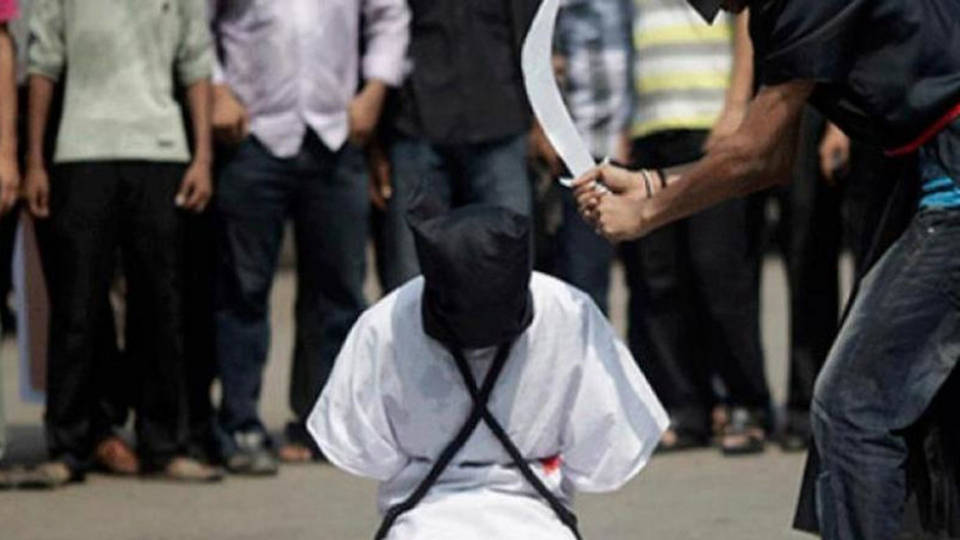On April 23, Saudi Arabia executed 37 people, mostly from the minority Shia community, on terrorism-related cases. The beheading was carried out in five provincial cities. The body of Khaled bin Abdel Karim was crucified and the head of another convict was pinned to a pole until dusk.
The official Saudi Press Agency claimed that these men were condemned to death “for adopting terrorist and extremist thinking and for forming terrorist cells to corrupt and destabilize security”.
Calling the executions shocking, the United Nations high commissioner for human rights, Michelle Bachelet, said, “It is particularly abhorrent that at least three of those killed were minors at the time of their sentencing”.
As many as 104 persons have been beheaded in the kingdom this year, according to Amnesty International. The number of executions carried out in 2018 was 149.
Amnesty International termed the verdicts of death penalty given by the Riyadh court as “sham trials that violated international fair trial standards which relied on confessions extracted through torture”.
“[The] mass execution is a chilling demonstration of the Saudi Arabian authorities’ callous disregard for human life. It is also yet another gruesome indication of how the death penalty is being used as a political tool to crush dissent from within the country’s Shi’a minority,” Amnesty International’s Middle East research director, Lynn Maalouf, said in a statement.
In August 2018, 30-year-old Israa al-Ghomgham, a human rights activist, was on the verge of being executed, the first woman activist who would have faced the death sentence. Her’ crime’ was chanting anti-regime slogans and posting anti-government videos online. However, after an international outcry, she was not executed and has been in detention for more than three years now.
The kingdom carried out mass executions in 2016 as well, beheading 47 people in a similar manner. Among those executed was the scholar Sheikh Nimr. His death triggered a diplomatic stand-off, with thousands protesting the autocratic regime of Saudi Arabia.
The current regime has been trying to portray crown prince Mohammad bin Salman as a “modernizing figure” who is keen on reforming the country. However, his regime has been more brutal in terms of crushing dissent. A number of activists, businessmen, journalists, scholars and political opponents have been arrested. Saudi Arabia has been carrying out military operations around the region, especially in Yemen, and has been held responsible for “war crimes”.





